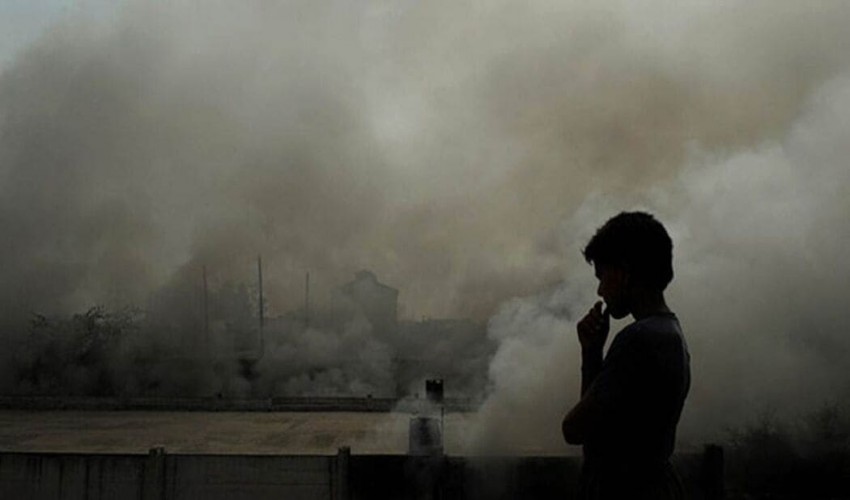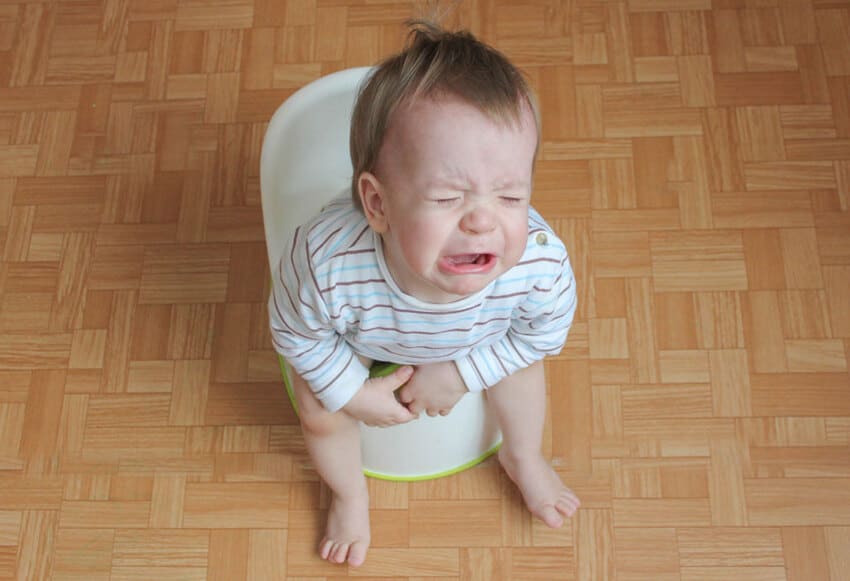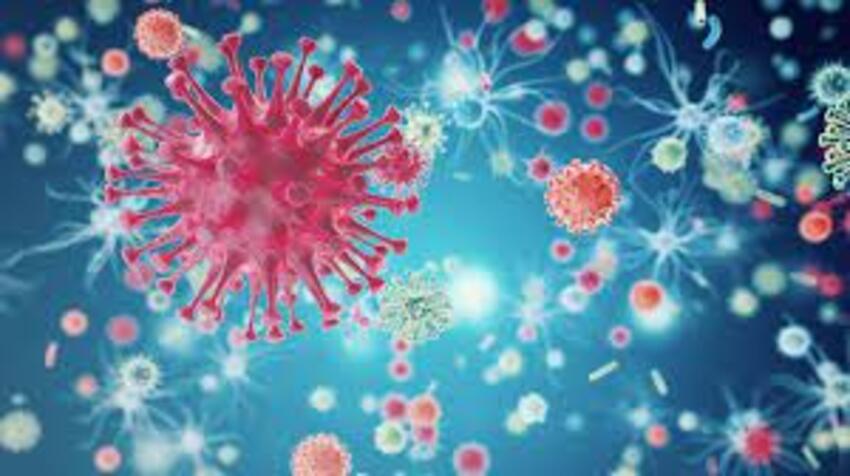
Long-term exposure to pollution muddles the lungs' natural defences.
- Rating
- immunological
- respiratory
- pollutant
- inflammation
- smoking
- macrophages
As people become older, they may be more vulnerable to lung damage and serious respiratory infections due to a decline in their lungs' immunological responses. One possible explanation for this that has emerged from recent studies is: Researchers report online on November 21 in Nature Medicine that breathing in pollution particles clogs up the respiratory system over time, reducing the effectiveness of the immune system in the lungs.
Poor and disadvantaged groups are disproportionately affected by air pollution, which is a significant cause of sickness and premature mortality globally (SN: 7/30/20). Vehicle emissions, power plants, wildfires, and other forms of particulate matter pollution have been linked to a host of health problems, including respiratory, cardiovascular, and neurological issues (SN: 9/19/17).
The latest research came from Columbia University and looked at the immunological tissue in the lungs of 84 people who donated organs, ranging in age from 11 to 93. In all cases, the donors had never smoked or had light smoking habits. The lymph nodes in the lungs, which act as filters for foreign substances and contain immune cells, were discovered to become heavily clogged with particles as people aged, becoming a dark onyx colour.
A cell biologist at the University of Colorado Anschutz Medical Campus in Aurora, Elizabeth Kovacs, investigates inflammation and damage. "If the [lymph nodes] pile up with so much stuff, then they can't perform their function," Kovacs explains.
Macrophages are only one kind of immune cell that may be found in the lymph nodes. Particles, as well as bacteria and viruses, are no match for these cellular Pac-Mans. Since the pollutant occupied the macrophages, the cells' ability to produce cytokines, substances that stimulate other immune cells, was diminished. In addition, the cells showed evidence of having a reduced capacity for more eating.
According to Kovacs, who was not involved in the study, elderly individuals have built up so much debris that "they may not be able to acquire more," reducing their capacity to cope with inhaled material.
Pollution "is a constant and rising danger to the health and welfare of the world's people," the authors write. Their research reveals that this risk involves "a persistent and widespread influence" on respiratory immunity with age.
Leave a Reply
Your email address will not be published. Required fields are marked *


